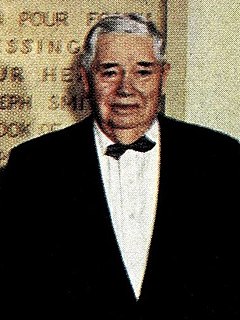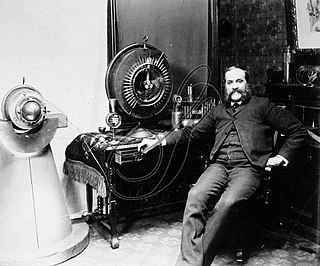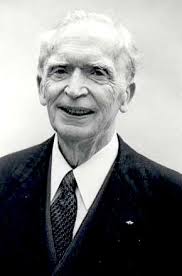A Quote by Rabindranath Tagore
When we accept any discipline for ourselves, we try to avoid everything except that which is necessary for our purpose; it is this purposefulness, which belongs to the adult mind, that we force upon school children. We say, "Never keep your mind aler.
Related Quotes
The truly still mind, with which you were born, is the mind that moves freely. Without ignoring anything, it reacts wholeheartedly to everything it encounters, to everything on which it reflects. And yet, for all that, it is the mind that is never seized by anything, but is always ready to react on the spot to whatever it encounters next. The mind that is still is the mind that never forfeits its freedom and is able to constantly keep rolling androlling and rolling.
In Japan we have the phrase, "Shoshin," which means "beginner's mind." Our "original mind" includes everything within itself. It is always rich and sufficient within itself. This does not mean a closed mind, but actually an empty mind and a ready mind. If your mind is empty, it is always ready for anything. It is open to everything. In the beginner's mind there are many possibilities; in the expert's mind there are few.
The practice of Zen mind is beginner's mind. The innocence of the first inquiry—what am I?—is needed throughout Zen practice. The mind of the beginner is empty, free of the habits of the expert, ready to accept, to doubt, and open to all the possibilities. It is the kind of mind which can see things as they are, which step by step and in a flash can realize the original nature of everything.
But there is one whom you do not deceive, and that is Christ, our Lord. He knows all. Personally, I have felt that nobody need keep much of a record about me, except what I keep myself in my mind, which is a part of my spirit. I often question in my mind, whether it is going to require very many witnesses in addition to my own wrongdoing.
If you don’t try to stop whatever is going on in your mind, but merely observe it, eventually you’ll begin to feel a tremendous sense of relaxation, a vast sense of openness within your mind - which is in fact your natural mind, the naturally unperturbed background against which various thoughts come and go.
Meditation simply means a discipline that makes you capable of being aloof and detached from your mind. So even if the mind is sick, your consciousness is never sick. Even if your mind is going crazy, you are just witnessing it. Mind is only a machine. You are not. Meditation is the experience: "I am not my body, not my mind - I am the witness of it all." This experience, this transcendental experience, immensely transforms the whole situation. Many things which were driving you crazy simply drop away.
As long as the artist invents and is inspired, he remains in a constrained state of mind, at least for the purpose of communication. He then wants to say everything, which is the wrong tendency of young geniuses or the right prejudice of old bunglers. Thus, he fails to recognize the value and dignity of self-restraint, which is indeed for both the artist and the man the first and the last, the most necessary and the highest goal.
At the center of our being is a point of nothingness which is untouched by illusion, a point of pure truth, a point or spark which belongs entirely to God, which is never at our disposal, from which God disposes of our life, which is inaccessable to the fantasies of our own mind or the brutalities of our own will. This little point of nothingness and of absolute poverty is the pure glory of God in us.
This is what writers mean when they say that the notion of cause involves the idea of necessity. If there be any meaning which confessedly belongs to the term necessity, it is unconditionalness. That which is necessary, that which must be, means that which will be, whatever supposition we may make in regard to all other things.
We dress our garden, eat our dinners, discuss the household with our wives, and these things make no impression, are forgotten next week; but in the solitude to which every man is always returning, he has a sanity and revelations, which in his passage into new worlds he will carry with him. Never mind the ridicule, never mind the defeat: up again, old heart! — it seems to say, — there is victory yet for all justice; and the true romance which the world exists to realize, will be the transformation of genius into practical power.
Our minds are forced to become fixed upon different things by an attraction in them which we cannot resist. To control the mind, to place it just where we want it, requires special training. It cannot be done in any other way. In the study of religion the control of the mind is absolutely necessary. We have to turn the mind back upon itself in this study.






































